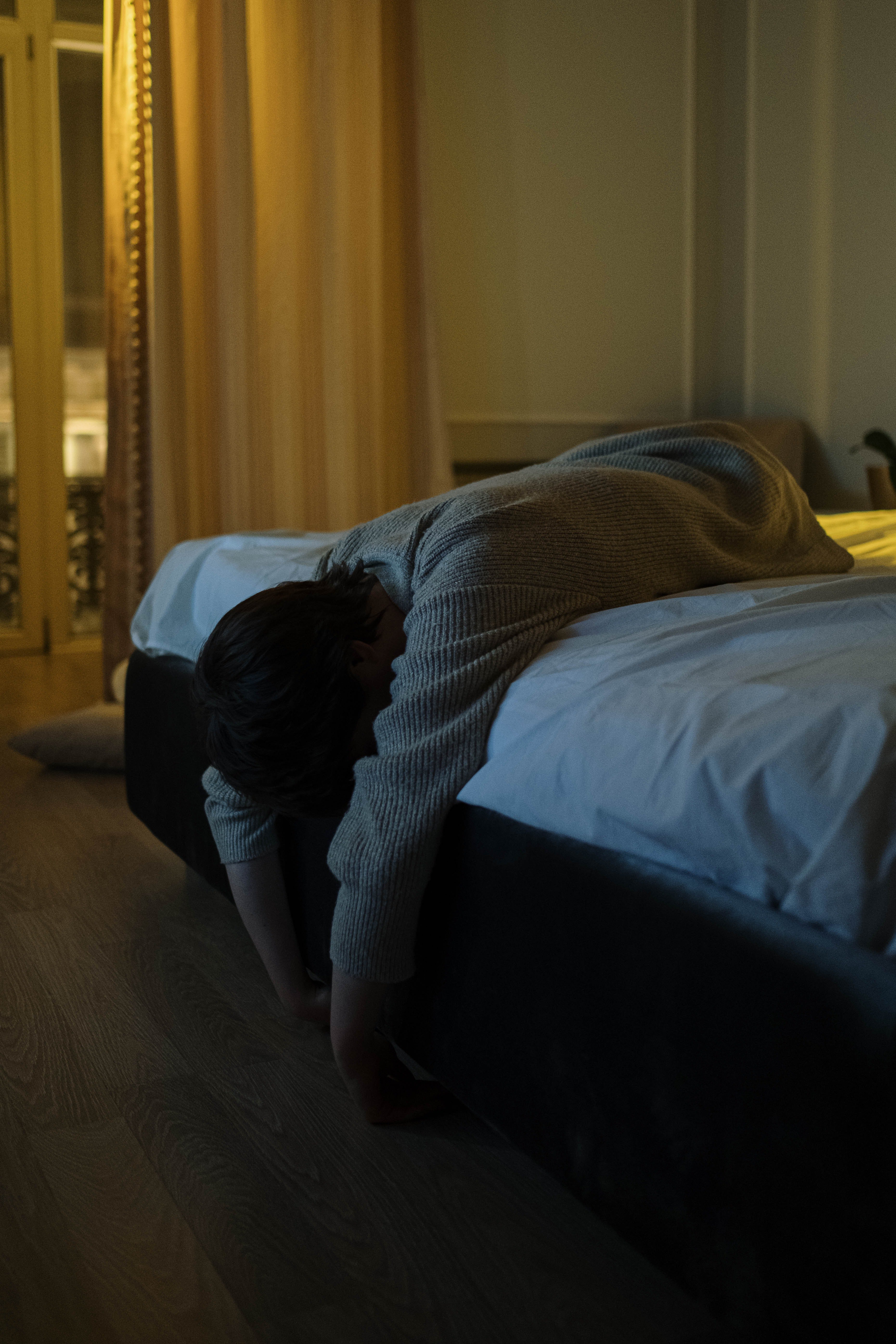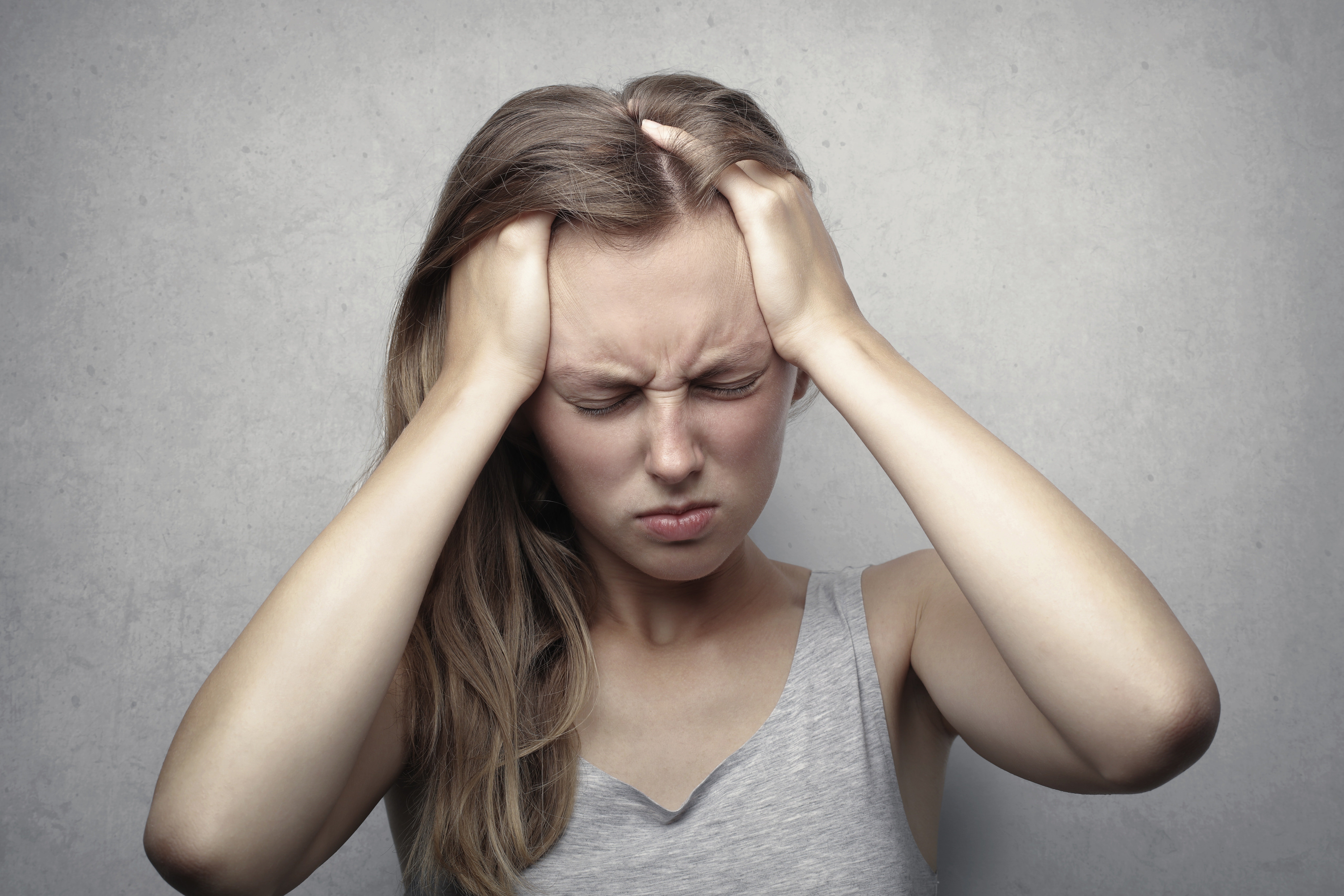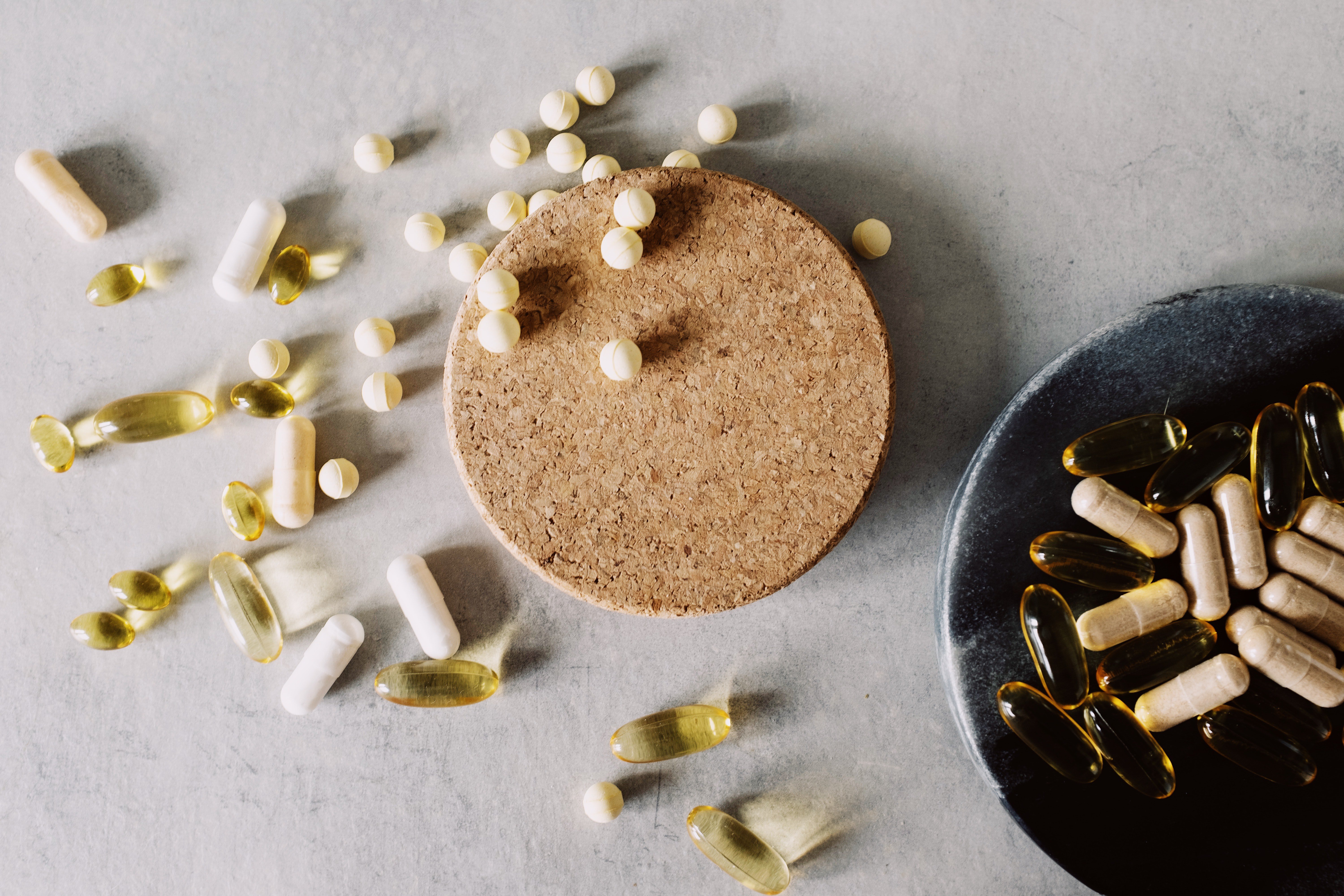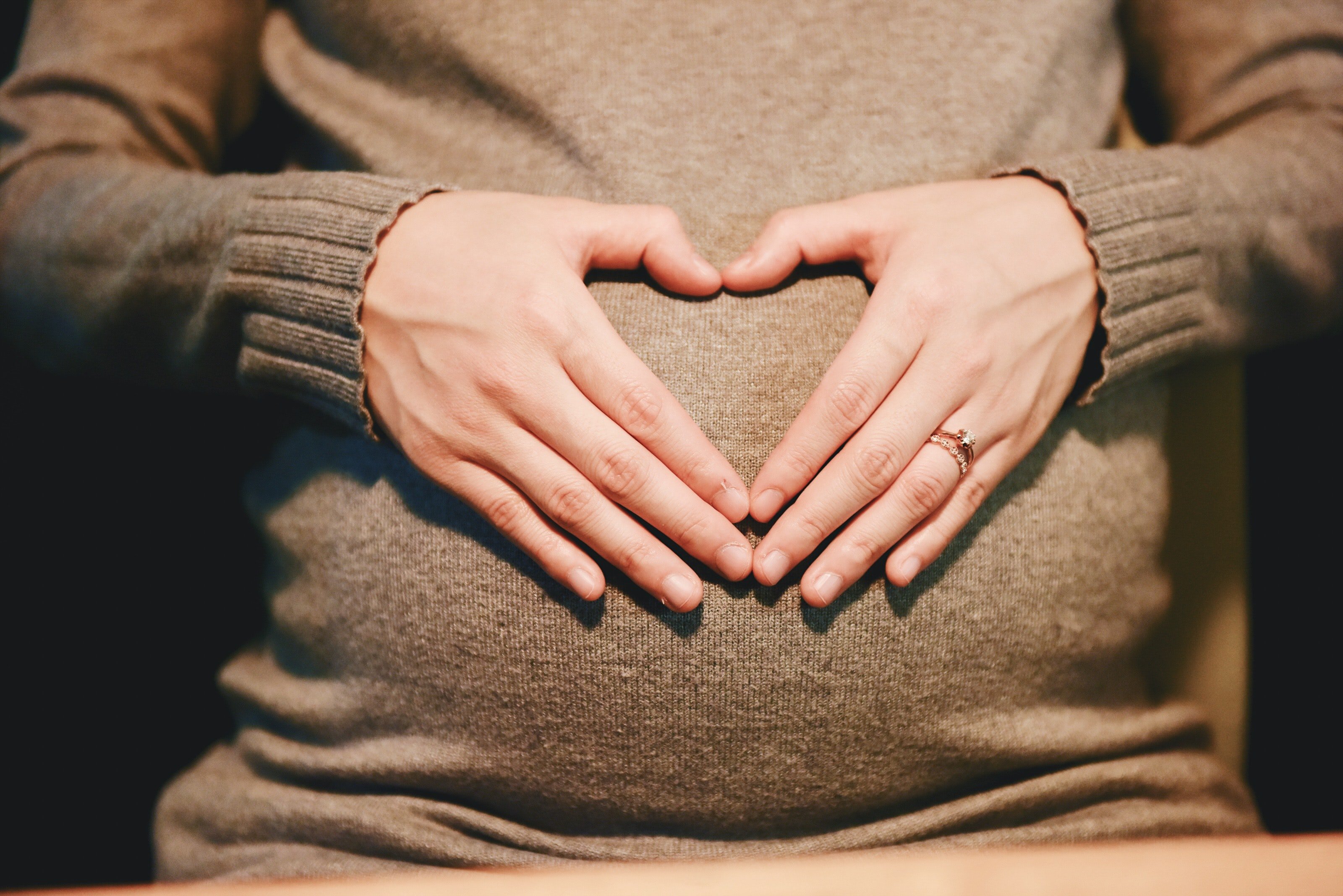All you need to know about Iron deficiency- Symptoms, Causes and Solutions
4 minuteRead

Iron deficiency is a common problem among many people. It occurs when the body doesn't have enough mineral iron. This common nutritional disorder can be seen majorly among women and children.
Iron is a very important dietary mineral that has a lot of functions like carrying your oxygen into the blood, which helps you get energy for your day to day activities. When there is low iron, your body won't be able to make hemoglobin (a protein red blood cell that carries the oxygen around the body) which can then result in iron deficiency and iron deficiency anemia.
Even though there are many types of anemia, iron deficiency anemia is the most common type and can be mostly seen in women who have heavy periods or are pregnant or breastfeeding.
Symptoms of Iron deficiency:
1) Tiredness
You can experience extreme tiredness and exhaustion. This is a very common symptom that occurs when you have iron deficiency or iron deficiency anemia. This is because when there is not enough iron in your body, less oxygen reaches the body and the heart has to work harder to supply the oxygen. This symptom is not easily recognizable because of our busy life where tiredness can occur for numerous various reasons.

2) Paleness
This is a noticeable symptom but it should be confirmed by a doctor or through a blood test. When there is low hemoglobin (it gives blood its red colour) due to low iron in the body, you can see paleness around some parts of your body. Some of the areas could be the face, gums, inside lower eyelids, inside lower lips, nails, etc.
3) Shortness of breath
Hemoglobin carries oxygen around the body, so when there is low iron and less hemoglobin, the oxygen level will also go down. This results in the oxygen not reaching the parts of your body during normal activities like walking, working out, etc.
4) Headache
When hemoglobin is low, the oxygen level will also be low. This can result in the brain not getting enough oxygen. This leads to headaches and this is often found in women. Look out for frequent headaches, as this might be because of iron deficiency.

5) Dizziness
If you feel dizzy frequently, there might be a chance you have iron deficiency. Because like headaches, if the oxygen is not carried around to the brain enough, you can suffer from lightheadedness and dizziness. If this happens frequently consult your doctor.
6) Fast or irregular heartbeat
The heart has to work harder to supply oxygen when there is low hemoglobin due to iron deficiency. This can lead to heart palpitations or irregular or fast heartbeat, but this only happens in extreme cases.
7) Cold feet and hands
Less oxygen supply to your feet and hands can lead to cold hands and feet.
8) Brittle, cracked nails, spoon-shaped nails
This condition is called koilonychia. This usually happens in severe cases of iron deficiency anemia.
9) Hair loss and damaged skin
For healthy skin and hair, enough oxygen should reach them. When there is a shortage of oxygen, you can suffer through damaged hair and dry skin.

10) Sore and swollen tongue
Iron deficiency can cause your tongue to be swollen, inflamed, pale, or strangely smooth and can also cause a dry mouth, a burning feeling in your mouth, sore red cracks at the corners of your mouth, and mouth ulcers.
11) Restless legs syndrome (an urge to move your legs while you’re in bed)
If you are constantly feeling or having an unpleasant urge to move your legs, then there is a chance you might have iron deficiency.
Causes of iron deficiency:
1) Low iron intake
Your diet can be a major cause of iron deficiency. If there is not enough intake of iron rich food, the oxygen supply throughout your body would be low.
2) Not able to absorb iron
Sometimes even with a balanced diet, your body doesn't absorb iron. This may be because of some problem related to the small intestine.

3) Blood loss
Iron helps in making the hemoglobin (the red blood cell) in our body, so when there is heavy blood loss due to menstruation, giving birth, or any kind of injury, iron deficiency can occur.
4) Exercise
Athletes may suffer from iron deficiency because daily exercising or hard training can lead to increased red blood cell production, which needs iron, and iron is lost through sweating.
5) Pregnancy
The fetus needs more iron than normal. In pregnancy, the amount of blood can also increase in the body and more iron is needed to meet the need for the extra blood.

1) Eat more iron rich foods
If iron deficiency is caused by low iron intake in your diet then include iron rich foods like:
- Beef, pork, liver, chicken, turkey, and duck
- Leafy greens such as broccoli, kale, turnip greens, and collard greens
- Peas, lima beans, black-eyed peas, and pinto beans
- Seafood
- Iron-enriched cereals and other grains
- Dried fruits, such as prunes and raisins
2) Increase your iron absorption ability
Boost your iron absorption ability by eating vitamin C. Fruits and vegetables filled with vitamin C will help in this and consult your doctor for the best advice to increase your iron absorption ability.
3) Consult your doctor
Immediately consult with your doctor if you are experiencing any of the symptoms. Your doctor can diagnose if you have iron deficiency or not. And follow the recommended diet and intake of iron supplements (if needed) given by your doctor.
Iron deficiency and iron deficiency anemia is a common problem around the world. Remember to consult your doctor and not self-diagnose so that you can take the necessary action to cure it.
Write, Record and Answer! Consume Unlimited Content! All you need to do is sign in and its absolutely free!
Continue with one click!!By signing up, you agree to our Terms and Conditions and Privacy Policy.










